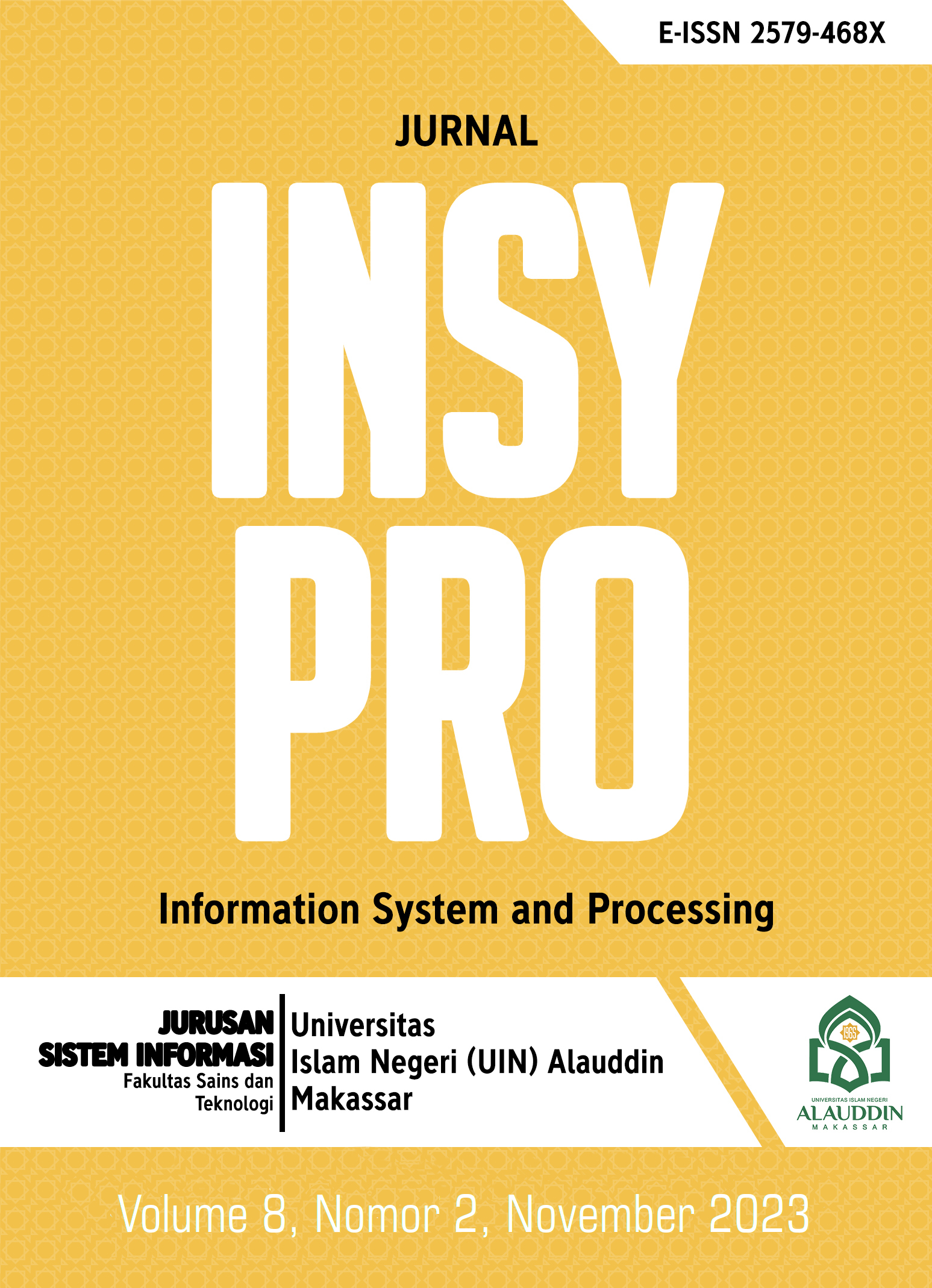Analysis and Mapping of Amil Zakat Based on Data in Rappocini District at Lazismu Makassar
Main Article Content
Abstract
Predicting timely graduation brings numerous benefits not only to students but also to the university LAZISMU is a national-level zakat institution dedicated to community empowerment through the productive use of zakat funds, waqf infaq and other charitable funds from individuals, institutions, companies and other agencies. Founded by PP. Muhammadiyah in 2002 was subsequently confirmed by the Minister of Religion of the Republic of Indonesia as a national amil zakat institution through Decree No. 457/21 November 2002. With the enactment of Law on Zakat number 23 of 2011, Government regulation number 14 of 2014, and Decree of the Minister of Religion of the Republic of Indonesia number 333 of 2015. LAZISMU as a national amil zakat institution has been reconfirmed through the Decree of the Minister of Religion of the Republic Indonesia number 730 of 2016. This study attempts to explain the distribution strategy by mapping Zakat funds to Mustahik and how the decision-making analysis process is actually carried out by the amil zakat institution Lazismu Makassar. The success of zakat management is judged by the productivity and welfare of mustahik. So it is very important to present this study so that it can provide examples, lessons, and solutions to the problem of how to distribute zakat and become a role model. This study also looks at the comparison of mustahik and muzakki in each region so that the number of amil in that region can be determined. This research is qualitative in nature and relies on extracting non-participant observational data from each process.
Keywords: Flow of System, K-Means, Input, Validitas, Output.
Article Details

This work is licensed under a Creative Commons Attribution-NonCommercial-NoDerivatives 4.0 International License.
Each article is copyrighted © by its author(s) and is published under license from the author(s).
When a paper is accepted for publication, authors will be requested to agree with the Creative Commons Attribution-Noncommercial-No Derivative Works 4.0 Netherlands License.


